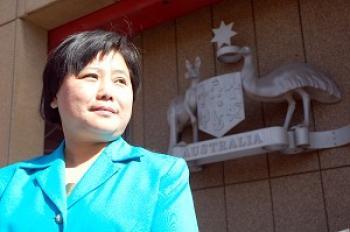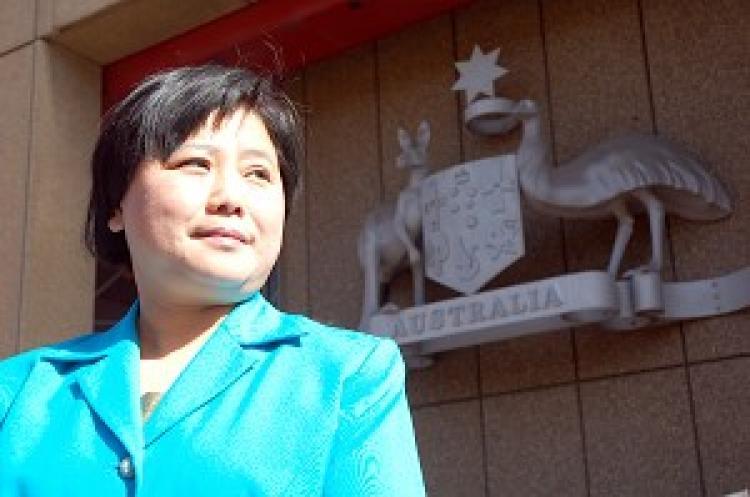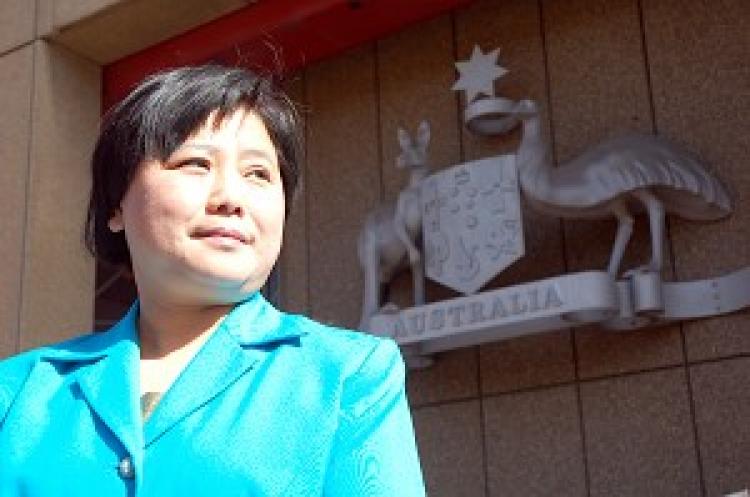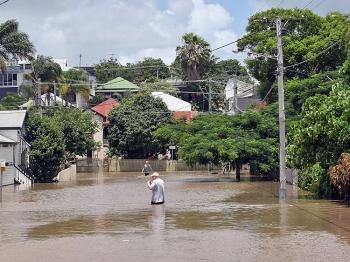Landmark Torture Case Nears Conclusion
The New South Wales Supreme Court is preparing to rule on whether diplomats should be exempt from prosecution for torture.

Ms Zhang was held in a Chinese jail for eight months from 1999 to 2000 without legal process after appealing in China for an end to the persecution of Falun Gong. James Burke/The Epoch Times
|Updated:





